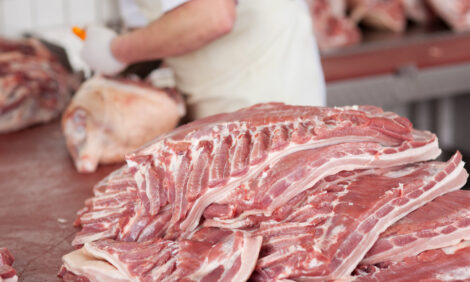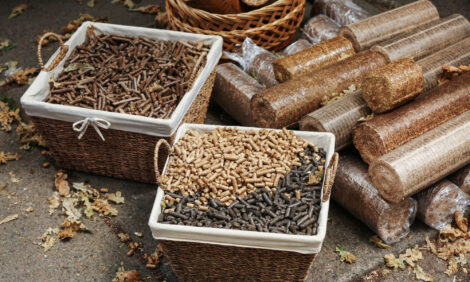



Unhygenic breeding practices widespread
VIETNAM - Despite the risk of avian influenza, farmers around the country are raising chickens and other birds in unhygienic conditions in and around their homes.
These small scale breeding operations are believed to be among the major causes of environmental pollution and increase the risk of bird flu spreading. But after the Government-led cull which killed millions of birds last year, farmers in northern provinces are taking the risk to make up for lost revenues.
More than 8 million households around the country are raising about 250 million heads of poultry, an average of 33 birds per family.
In the Phu Xuyen District of Ha Tay Province, a major centre for poultry breeding, reports indicate that farmers continue to raise birds by the same methods used before the height of the epidemic last year.
Most farmers leave their poultry unattended in gardens and fields adjacent to their homes. Others continue to use the same coops that came under scrutiny a year ago for the unhygienic conditions in which birds were held. Worst of all, many farming families simply keep the birds inside their homes.
Under these circumstance, scientists have warned, the epidemic could become out of control and widespread.
Duck farmer and Phu Xuyen resident Nguyen Xuan Tinh said, "The spirit is willing but the flesh is weak. We know the danger of epidemic is very high."
"It is not easy to change our methods which are the same as our ancestors and have been used for generations."
"More over, farmers receive almost no compensation, except a pittance for when chickens suspected of carrying bird flu are culled," he said.
According to Pham Ba Luy, head of the Ha Tay Veterinary Agency, although many households want to change their methods, a lack of funds has prevented them from adopting new methods.
Many farmers are already in debt from borrowing an estimated VND3-4 million per household to buy new birds to replace their killed stock. They simply do not have the millions of Dong needed to build modern, hygienic facilities.
The problem is compounded by the shortage of land to build the appropriate types of farms, thereby giving farmers no other choice but to continue raising poultry in their traditional but increasingly dangerous way.
Dr Nguyen Dang Vang, director of the National Breeding Institute, said small, unorganised and unhygienic breeding was the main reason for the rampant spread of bird flu over the last two years.
The institute said large poultry farms, with hygienic procedures in place, were not impacted by the outbreak to the same extent as small-scale farms.
Phung Quang Hung, director of Vinh Phuc Province’s Agriculture and Rural Development Department, said the province has found it difficult to change the methods of local farmers.
Vang said that no more than 2 million households should be permitted to raise poultry. To protect the environment and peoples’ health, poultry rearing should be concentrated in large, hygienic facilities.
Source: Vietnam News - 7th May 2005









